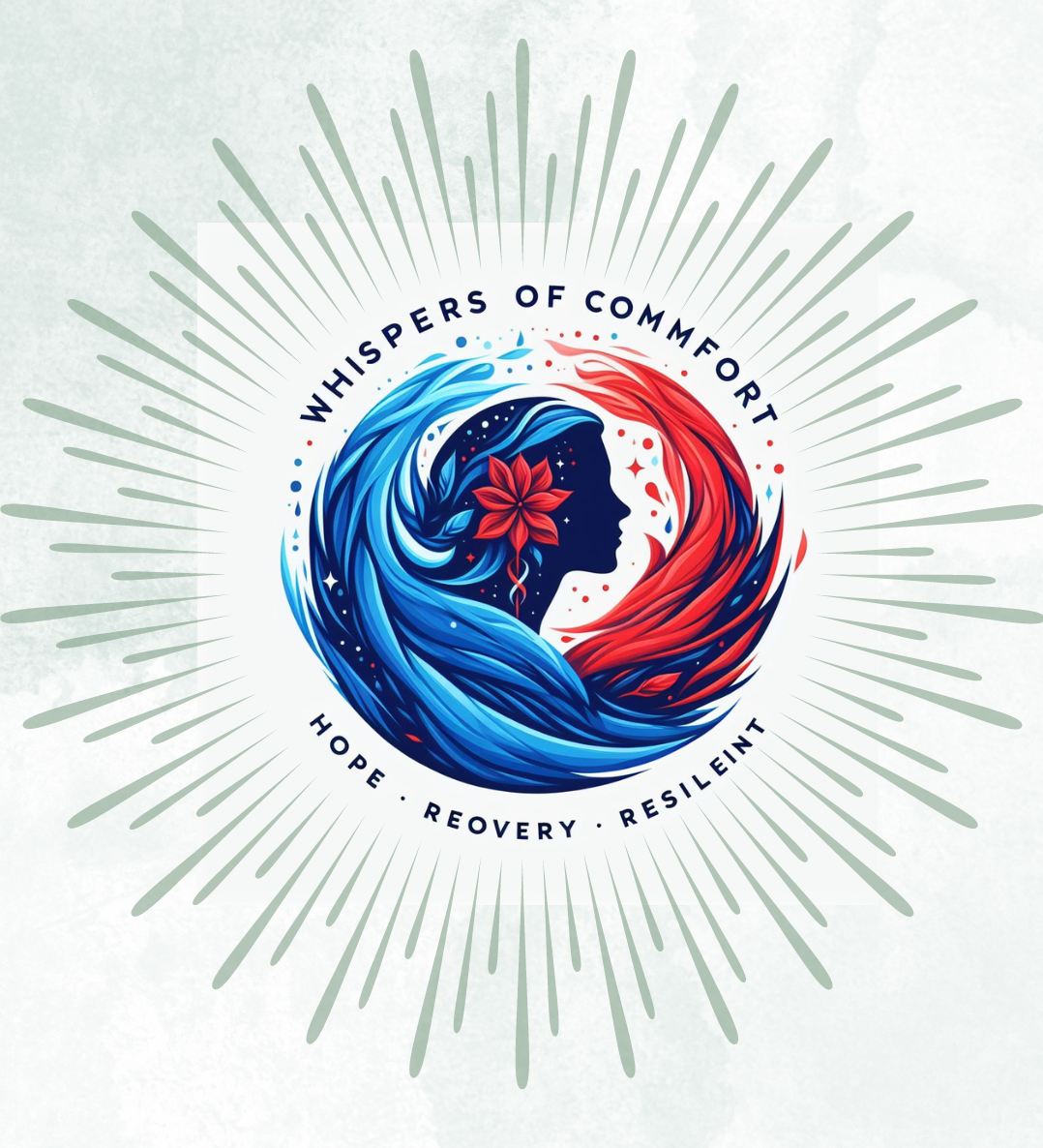Life, as you and I know it, is not a bed of roses.
As humans, we are bound to face trials and tribulations.
All these events, when and if not managed well, cost us our lives most of the time. And if not, such experiences always force us to become a better version of ourselves.
”Out of life’s school of war, what doesn’t kill me makes me stronger” (Friedrich Nietzsche).
The experience of grief is something that eventually touches us all.
It is a profound emotional reaction to loss, whether we’re talking about the death of a loved one, the end of a significant relationship, or even the loss of a cherished dream or expectation. Grief is universal yet infinitely personal, a paradox that makes it both widely understood and deeply mysterious.
I, Makinde, am going to walk us through a lot of opportunities for demystifying grief. By clearing up common misconceptions, we can approach our grief with a little more kindness and a lot less judgment.
For instance, you might have heard that grief should last about a year or that moving on quickly means you don’t care deeply. These myths can lead to unnecessary guilt or confusion. Grief, in reality, doesn’t have a set timetable or the right way to be expressed.
Most importantly, our ability to recognise that each person’s grief is unique is crucial to understanding its complexity. While some might find solace in shared experiences, others may tread an entirely different path. A crucial step in mitigating the pain of loss is acknowledging and respecting these diverse responses. This isn’t just about providing comfort; it’s also about validating an individual’s journey through grief.
I’m going to transition now from the impact of grief to the common reactions that form part of the experience. These reactions are often grouped into stages, a concept we’ll explore next. Understanding these stages can be valuable, but it’s just as important to remember that they’re not a rigid roadmap. In the next section, we’re going to dive into what these reactions might look like and how they contribute to the complex, transformative process of grieving.
You’re going to find out about the stages of grief, but it’s not a one-size-fits-all process. While Elisabeth Kubler-Ross’s model is well-known, it’s important to remember that people move through grief in unique ways. Some might experience these stages linearly, others will loop back, and some might skip stages altogether.
Now, what does it look like in real life? You might see someone who’s in denial one day, then spiraling into anger the next. Fast forward a few weeks, and they’re trying to bargain their way out of the pain. From there, they may sink into depression before they even begin to accept their loss.
This isn’t just about knowing the stages; it’s also about understanding how they reflect a person’s internal struggle. Each stage represents a step towards coping with and comprehending a world that’s now different. It’s the mind’s way of processing an overwhelming situation and finding a pathway forward.
And what’s riveting is how these typical reactions to grief don’t just fade into the past—they can transform an individual. In the throes of these emotions, people might discover resilience they never knew they had or a heightened sense of empathy for others’ suffering.
Transformative Power of Grief: Emerging Stronger from Sorrow

Grief is a multifaceted response to loss, particularly to the loss of someone or something that has died, to which a bond or affection was formed. Although conventionally focused on the emotional response to loss, it also has physical, cognitive, behavioral, social, cultural, spiritual, and philosophical dimensions.
While the pain of loss is profound, it’s not the end of the story. Grief has the powerful potential to transform—reshaping perspectives, renewing purpose, and strengthening resolve. I’m going to explore how embracing the transformative power of grief can mark the beginning of a new chapter rich with personal growth.
It’s important to approach this topic with the knowledge that transformation through grief isn’t a prescribed process. It’s as unique as the individual experiencing it. Some may find newfound strength relatively quickly, while for others, it might emerge slowly over years of reflection and self-discovery.
A key part of this transformation often involves re-evaluating what’s truly important in life: Priorities may shift, leading to changes in careers, relationships, or life goals. Many individuals channel their experience into helping others, perhaps by volunteering or by becoming a source of support for those who are grieving.
Don’t worry too much about how or when these changes will occur. Grieving individuals should give themselves permission to evolve at their own pace. The most important takeaway is that grief, while immensely challenging, can also be a prelude to profound personal development.
There’s a lot of opportunity in connecting with others who share your experience. Support groups, counselling, and informal gatherings can facilitate this. By sharing stories, a griever not only processes their own emotions but also gets insights into how others have navigated their journeys.
Your first attempt doesn’t need to be your last when it comes to finding meaning after a loss. Some people may turn to creative outlets like writing, painting, or music to express their feelings and thoughts. These activities not only provide a therapeutic outlet but also pave the path to discovering new passions or rejuvenating old ones.
This isn’t just about internal changes; it’s also about finding ways to honour the memory of what or who was lost. This can result in impactful projects or initiatives that serve to keep the individual’s legacy alive, transforming communities in the process through acts of giving and compassion.
Support and Solidarity: Being There for Others in Grief
When we witness the raw pain of someone in grief, our instinct often nudges us towards offering comfort and support. But how we do this can significantly influence their healing journey. I’m going to discuss the importance of being present for others as they navigate their transformative process of grief.
Empathy is your greatest ally when supporting someone in the throes of loss. It’s not just about being physically present; it’s about listening with an open heart and soul. I’ll help you understand the delicate balance of offering support without overshadowing the personal experience of the one who is grieving.
I believe in the healing power of collectively bearing the weight of sorrow. When communities come together to mourn, it doesn’t just lighten the load for the individual; it can lead to a shared transformation and a profound sense of unity and strength.
In my opinion, your role as a supporter is less about trying to fix the pain and more about acknowledging it and validating the emotions the grieving person is experiencing. We’ll talk about practical ways you can show up for someone without overwhelming them or infringing on their personal grief journey.
Finally, remember that everyone’s grief is as unique as their fingerprint; there’s no one-size-fits-all approach to support. By approaching the situation with sensitivity and an open mind, you can become a valuable part of someone’s transformative path through grief.
Thank you for reading this article.
What’s your opinion on this?
Are you also a survivor? Have you passed through this stage of life at one point or another?
Kindly leave your comments and experiences below.
Are You a wealthy Affiliate yet? Affiliate Marketing Success.
Simplified. Turn YOUR Passion, Hobby or Interest into YOUR Success Story! Join Wealthy Affiliate today: https://www.
Follow me on social media!


Hi, very interesting post. Iife is a bitch and then you die is what I always heard growing up. Or and then you marry one. Either way life is challenging for everyone. And I think that life’s challenges are meant to awaken us and make us more present ( conscious) for whatever reason. God bless.
Hi Jake,
Thank you for sharing your thoughts.
Life certainly has its share of challenges, and it’s how we navigate through them that truly defines us. I’ve found that transformation often arises from the depths of grief, reshaping us in ways we never imagined.
Your perspective on life’s challenges as opportunities for awakening and increased consciousness resonates deeply with me. Here’s to embracing the journey with open hearts and minds.
Wishing you all the best on your own path.
God bless.
Makinde
In my humble opinion, it is very important to honour grief. In a very long life with the experience of losing every significant person in my life I have realised that each individual loss is also unique. Losing my parents was an expected loss, it happens to most of the population. However, losing a beloved younger brother was not expected and had a profound effect on my life for years. I went through a series of grief counselors and they didn’t help, until I finally realised I was holding onto that grief for dear life. Sorry no pun intended. Once I realised that I then had to learn to let it go. As you quite rightly say grief has the power to transform and transmute. This is a great article and very informative, thank you for writing it
Dear Catherine,
I am truly sorry for your losses. I share your passion for honouring grief.
Just like happiness, pain and grief are part of life. However, in our journey through life, we all have different, unique ways of coping with and reacting to situations, especially when it comes to the aspect of losing a loved one.
Just as you have rightly said, letting go and holding on to hope, counseling, and other support systems as discussed in this article are key to healing.
I apologise for my late reaction to your contribution. I thank you especially for sharing your experience with us, as this would also serve as a healing balm for those in need of it right now.
I appreciate you and wish you good health and longevity.
Thank you.
Makinde.
Thanks for sharing. I read many of your blog posts, cool, your blog is very good. https://www.binance.com/en-ZA/register?ref=JHQQKNKN
Thank you.
Regards,
Makinde